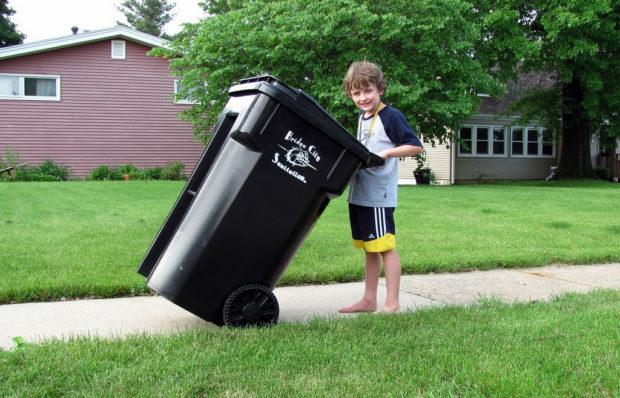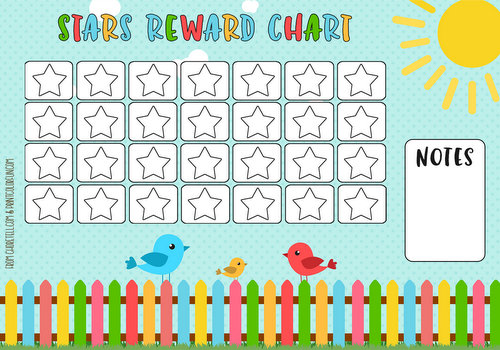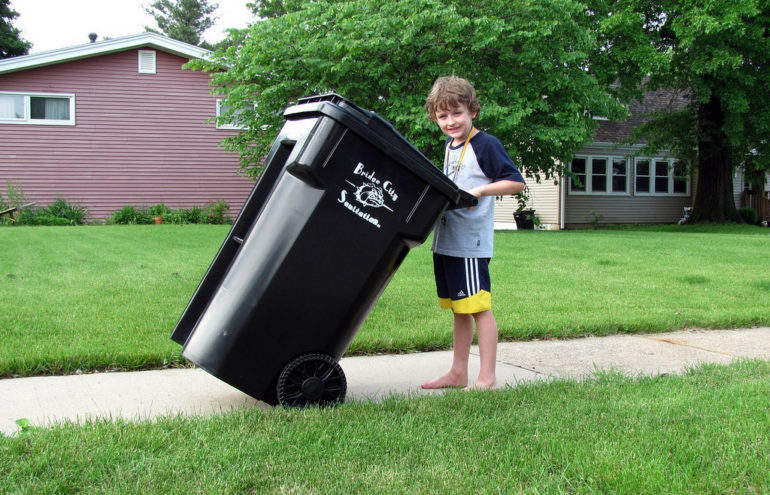
It’s a common misperception that chores are a necessary evil — but some studies show that these daily tasks are a catalyst for academic achievement, decreased truancy rates, and even building stronger family bonds. These simple and seemingly “thankless” tasks can really help the ones we love.
Whirlpool worked with Dr Richard Rende, a renowned developmental psychologist and researcher, to better understand the impact of these misperceptions and the opportunities gained when perceptions are changed. This new review of published research on the topic confirms pervasive negative attitudes of chores not only cause stress in the household, but also may negatively affect future participation.
Chore benefits: Family happiness and satisfaction
The challenge
Dr Rende’s assessment indicates that the challenge is to reframe how family members think about household responsibilities to improve family life. Studies show that:
- Participation in household responsibilities and chores in childhood is a strong predictor of academic, social, personal development and even career success.
- However, children’s participation in chores has been on the decline for decades:
- Chores are seen as a burden
- They are a primary source of conflict with parents
- Children report unclear and inconsistent expectations about their participation in household tasks
- Cajoling, nagging and offering allowance are ineffective motivators
- Children aren’t alone – caretakers also perceive chores as stressors and have pessimistic attitudes about them.
The positive effects
Shifting perceptions of chores to acts of care can influence how children develop as proactive caretakers of themselves and others. The accumulating benefits throughout childhood and into adulthood reverberate in payoffs to society by promoting:
- Advanced academic performance in the early school years
- Increased school engagement and decreased truancy rates
- Better social relationships with peers in school
- Higher educational attainment in early adulthood
- Accelerated career pathways throughout adulthood
- Positive mental health outcomes in adolescence and adulthood
Practical solutions
Dr Rende concluded that changing our communications about chores can make all the difference — including focusing on the positive results of chores rather than complaining about them as “work” that needs to be done. Some of his recommendations include:
- Changing how family members talk about chores — both with each other and to others — to reframe them as ways to take care of each other, and
- Having more family conversations that emphasize “we” rather than “me” to facilitate a caretaking attitude.
“These simple, daily tasks that can feel mundane and thankless are in fact ‘acts of love’ that are part of the emotional glue that holds families together, reduces stress, and paves the way for personal success,” said William Beck, Senior Director of Brand and Channel Marketing for Whirlpool.
Information provided by Whirlpool (Oct. 10, 2014)







